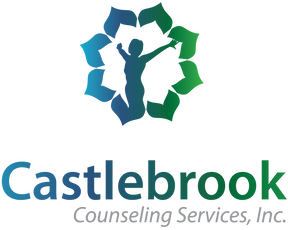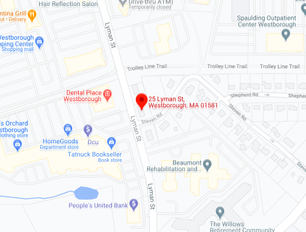What is DBT?By Kerrie Toole, LICSW, Executive Director “I tried DBT before and it didn’t help.”
If I had a nickel for every time I’ve heard this statement from a client during an initial meeting… Typically after hearing this from a prospective client, my next line of questioning includes asking what they did in their DBT sessions: What Target Behaviors were on their Diary Cards? What patterns were identified through Chain Analyses? How often did they utilize Phone Coaching with their therapist? How long did they participate in Skills Groups? Most of the time, I’m met with blank stares and confusion. There is a sizable amount of misinformation in the therapy world about what Dialectical Behavior Therapy (DBT) is, and many therapists are even attending trainings where they are led to believe that they are doing DBT treatment when they actually are not. This is why the developer of DBT, Marsha M. Linehan, Ph.D., ABPP created the Dialectical Behavior Therapy - Linehan Board of Certification credentialing process to demonstrate to the public those therapists who are providing DBT with full fidelity to the treatment as it was designed. In this post, I will review the core components of DBT so you can ensure that you are receiving the best form of treatment for your needs. DBT was initially developed by psychologist Dr. Marsha M. Linehan to address self-harming behaviors and emotion dysregulation commonly associated with borderline personality disorder (BPD). However, DBT has since proven to be beneficial for individuals dealing with a range of mental health concerns, including depression, anxiety, bipolar disorder, and eating disorders. Dialectical Behavior Therapy (DBT) consists of four core modalities that work together to provide a comprehensive and integrated approach to therapy. These four modalities are:
Adolescent DBT: Modifications in the treatment protocol for adolescent clients and their families include an additional Module in DBT Skills Groups called Walking the Middle Path, which focuses on building the balance between validation and change within families and within oneself. Family therapy is also a signature component of Adolescent DBT, and Castlebrook also requires that parents or caregivers attend a 12-Session DBT for Parents group to educate parents about ways to recognize patterns in their teens, regulate themselves, and offer support in constructive and compassionate ways. If you read this far, you can see that DBT is a highly structured, intensive treatment protocol. What is described above just scratches the surface of what DBT treatment looks like. Now one might ask, does following the full DBT Protocol to a “T” mean that this is the ONLY way that DBT can be effective? The research says no, not necessarily. Recent studies on DBT have been focusing on the dosage of treatment, and how to match up a person’s individual symptoms with the most effective component of DBT. This may mean that someone could benefit from participating in the DBT Skills Groups as an adjunct to traditional therapy. Conversely, it may mean that the full protocol is the recommended dosage, and to provide less than that would be doing a disservice to the client. The dosage of DBT is often assessed by the therapist and the client during the initial assessment process.
0 Comments
|
Archives
May 2025
Categories |
Mission Statement
Castlebrook Counseling Services, Inc. is a group of private practice clinicians with a shared goal of strengthening our community by providing therapy and clinical support designed for children, adults, and families to successfully meet life’s challenges.
 RSS Feed
RSS Feed

